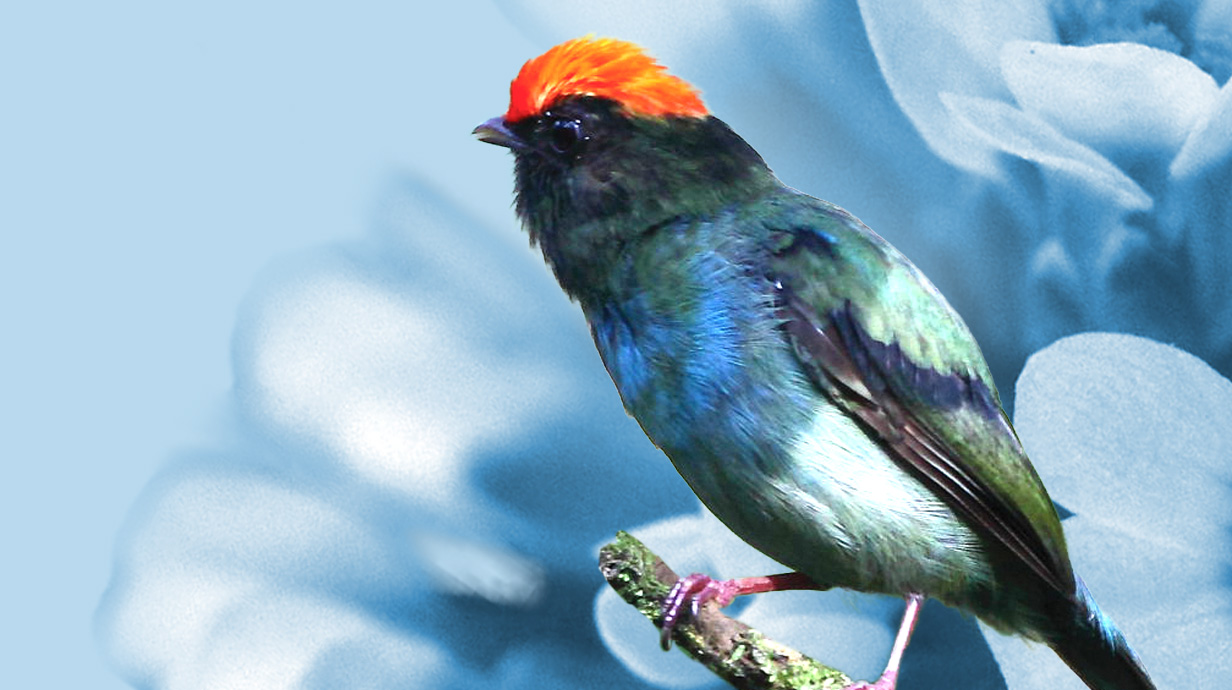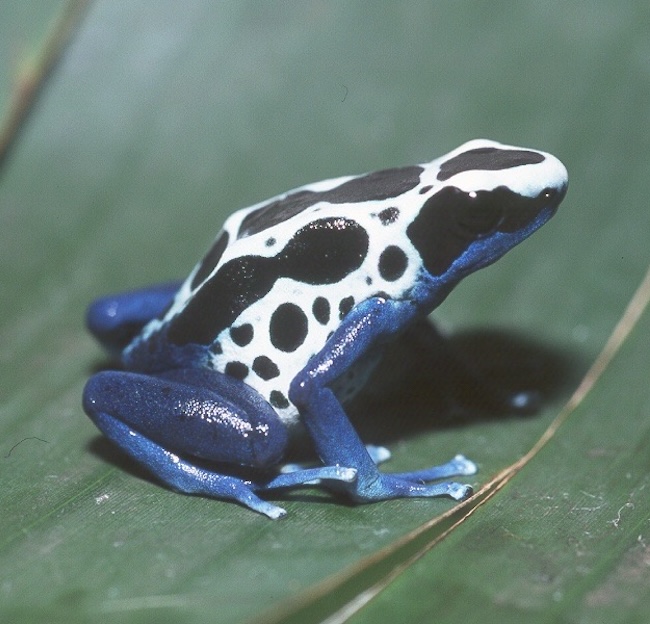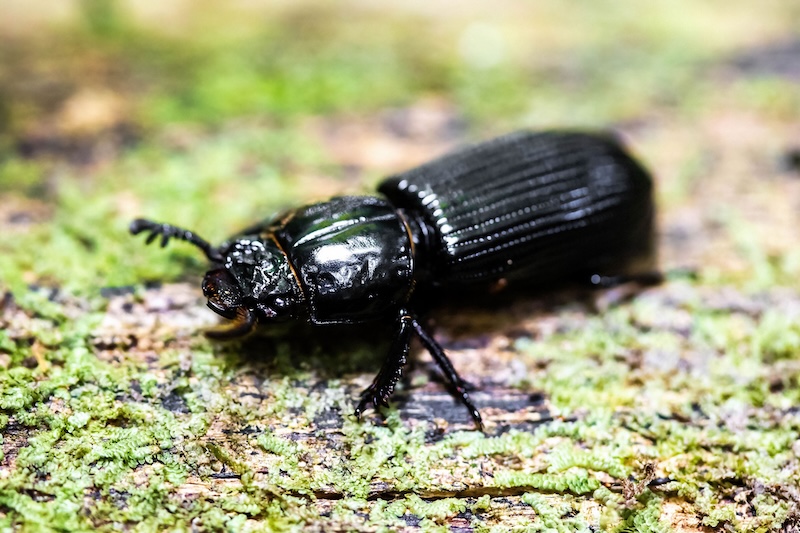Evolution, Biodiversity, and Systematics
Investigate biological diversity at scales from molecules to communities.
- Home
- Departmental Directory
- Liberal Arts
- Department of Biology
- Faculty, Staff, & Research
- Evolution, Biodiversity, and Systematics

Distinguished Faculty Shaping Evolution, Biodiversity, and Systematics Research
From microorganisms to coral reefs to the evolution of traits and behaviors, researchers in the area of evolution, biodiversity, and systematics investigate biological diversity at scales from molecules to communities. Some researchers focus on patterns in species diversity while others focus on evolutionary aspects of biodiversity.
Faculty Members Who Specialize in Political Behavior Research | ||
|---|---|---|
| Faculty Member | Ph.D. Degree | Research Interests |
| Lainy Day | University of Texas at Austin | behavioral neuroscience, neuroplasticity, evolution of cognition and motor-learning |
| Ryan Garrick | Latrobe University | biodiversity conservation, population genetics, phylogeography |
| Tamar Goulet | SUNY at Buffalo | symbiosis and host-symbiont genotypic combinations, marine ecology, coral reefs, coral-algal physiology |
| Jason Hoeksema | University of California-Davis | ecological and evolution of species interactions, especially mycorrhizal symbiosis; coevolution; common mycorrhizal networks |
| Erik Hom | University of California-San Francisco | synthetic ecology, fungal-algal interactions, evolution of symbiosis and microbial consortia, waste valorization |
| Colin Jackson | The University of Alabama | microbial ecology and diversity, microbiome studies |
| Sayaka Miura | Pennsylvania State University | molecular evolution, phylogenetics of mutations and tumor migrations in cancer |
| Brice Noonan | University of Texas at Arlington | diversity and distributions of tropical organisms |
| University of Hawaii at Manoa | microbial ecology of sustainable agriculture for Earth, Moon, Mars; sustainable systems, and role of quorum sensing in microbial interactions. | |
| Beckie Symula | University of Texas at Austin | evolutionary biology, color pattern evolution and phylogenetic of frogs |
| Peter Zee | Indiana University-Bloomington | evolution of species interactions; experimental evolution with microbes; eco-evolutionary modelling |
Meet the Faculty
Lainy Day
- Professor of Biology and Director of the Interdisciplinary Minor in Neuroscience
Ryan Garrick
- Associate Professor of Biology
Tamar Goulet
- Professor of Biology
Jason Hoeksema
- Professor of Biology, Associate Chair and Graduate Program Coordinator
Erik Hom
- Associate Professor of Biology
Colin Jackson
- Professor of Biology
Sayaka Miura
- Assistant Professor of Biology
Brice Noonan
- Associate Professor of Biology
Becks Prescott
- Assistant Professor of Biology
Beckie Symula
- Instructional Professor of Biology and Faculty Fellow for STEM Learning
Peter Zee
- Associate Professor of Biology
Research and Grants

Exploring Evolution and Speciation
Dr. Brice Noonan’s current research is supported by a grant from NSF entitled “MCA: Genomic architecture and landscape genomics of polytypism in a poison frog.” Leveraging a fascinatingly variable species and recent technological advances, the goal of this research project is to better understand the evolutionary drivers of diverse phenotypes (appearances) among individuals within a single species.

Developing Science Learning Skills Using the Bess Beetle
Sreya Maddali (BA in Biological Science and Public Policy Leadership ’24)
Sreya Maddali and her thesis advisor, Dr. Garrick, created a CURE (Course-based Undergraduate Research Experience) exercise around ecological genetics to allow students in biology courses to develop science learning skills using the Bess beetle sourced from North Carolina and Northern Mississippi. The central question of the CURE experiment addressed whether phenotypic differences among individuals could be attributed to mitochondrial lineage (genetic factors) or the area of origin (environmental factors).
Become a Biologist
UG
Use scientific methods to understand and predict natural phenomena in the world around us.
- Oxford
UG
Engage in the scientific study of living systems and all their complexities.
- Oxford
GRAD
Prepare yourself for a career teaching biology or participating in diverse fields of biological research.
- Oxford
GRAD
Learn to apply the principles of biology, advanced analytical techniques, and experimental methods to conduct groundbreaking research.
- Oxford
